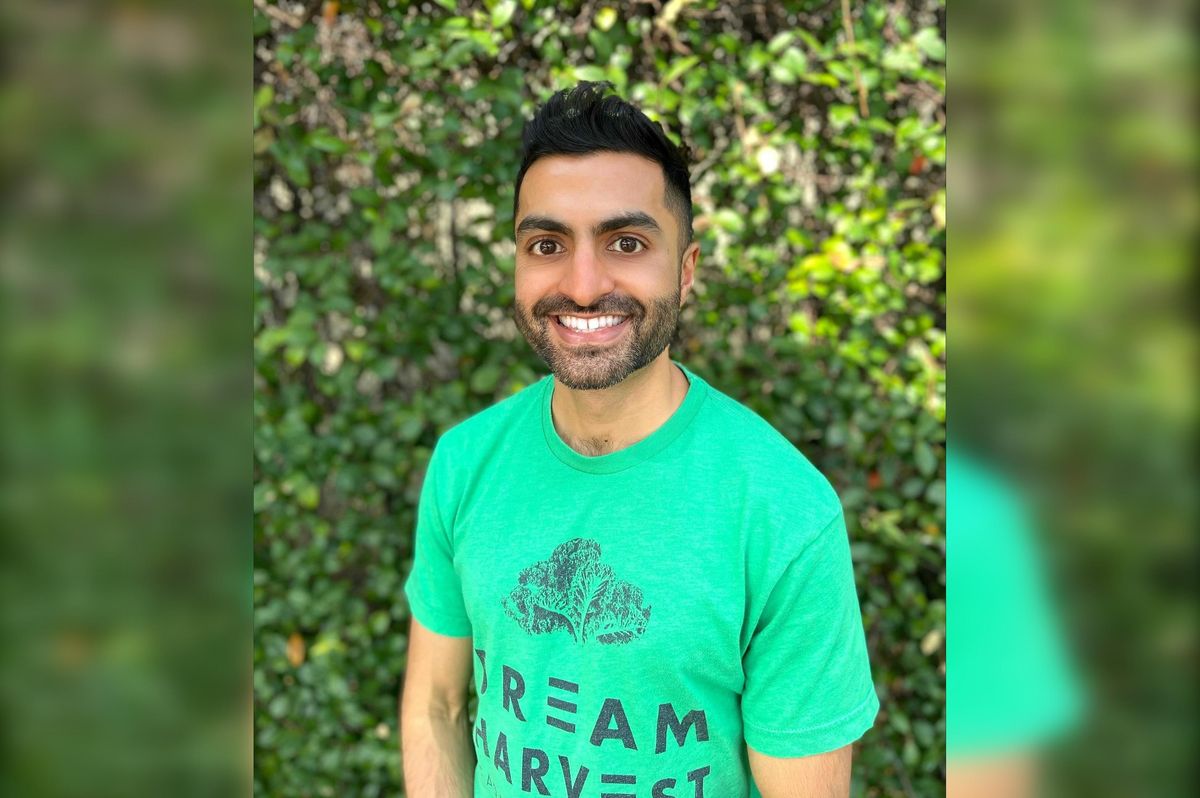Newly named CEO to lead Houston gold hydrogen biotech co. into high-growth phase
HOUSTON INNOVATORS PODCAST EPISODE 239
Using microbes to sustainably unlock low-cost hydrogen sounds like the work of science fiction, but one Houston company is doing just that.
Gold H2, a spin-off company from Cemvita, has bioengineered subsurface microbes to use in wells to consume carbon and generate clean hydrogen. The technology was piloted two years ago by Cemvita, and now, as its own company with a new CEO, it's safe to say Gold H2's on its way.
"First of all, that was groundbreaking," Prabhdeep Singh Sekhon, CEO of Gold H2, says of the 2022 pilot in the Permian Basin, "to be able to use bugs to produce hydrogen within a couple of days."
"2024 is supposed to be the year where Gold H2 takes off," Sekhon, who joined the company in April, tells the Houston Innovators Podcast. "It was one of those opportunities that I couldn't turn down. I had been following the company. I thought, 'here is this innovative tech that's on the verge of providing a ground-breaking solution to the energy transition — what better time to join the team.'"
Sekhon shares on the show how his previous roles at NextEra Energy Resources and Hess have prepared him for Gold H2. Specifically, as a leader on NextEra’s strategy and business development team, he says he was tasked with figuring out what the energy industry looks like in the next five, 10, and 20 years.
"Green hydrogen was a huge buzz, but one of the things I realized when I started looking at green hydrogen was that it's very expensive," Sekhon says. "I wanted to look at alternatives."
This journey led him to what Cemvita was doing with gold hydrogen, Sekhon says, explaining that the ability to use biotechnology to provide a new revenue stream from the mostly used up wells struck him as something with major potential.
"The idea of repurposing existing oil and gas assets to become hydrogen assets, leveraging current infrastructure to drive down overall deliver costs — to me I thought, 'wow, if they can make this works, that's brilliant,'" he says.
Now, as CEO, Sekhon gets to lead the company toward these goals, which include expanding internationally. He explains on the show that Gold H2 is interested in expanding to any part of the world where there's interest in implementing their biotech. In order to support the growth, Sekhon says they are looking to raise funding this year with plans for an additional round, if needed, in 2025.
"When we compare our tech to the rest of the stack, I think we blow the competition out of the water," Sekhon says, explaining that Gold H2's approach to gold hydrogen development is novel when you look at emerging technology in the space. "We're using a biological process — cheap bugs that eat oil for a living."

 Zain Shauk is the co-founder and CEO of Dream Harvest. Photo courtesy of Dream Harvest
Zain Shauk is the co-founder and CEO of Dream Harvest. Photo courtesy of Dream Harvest


